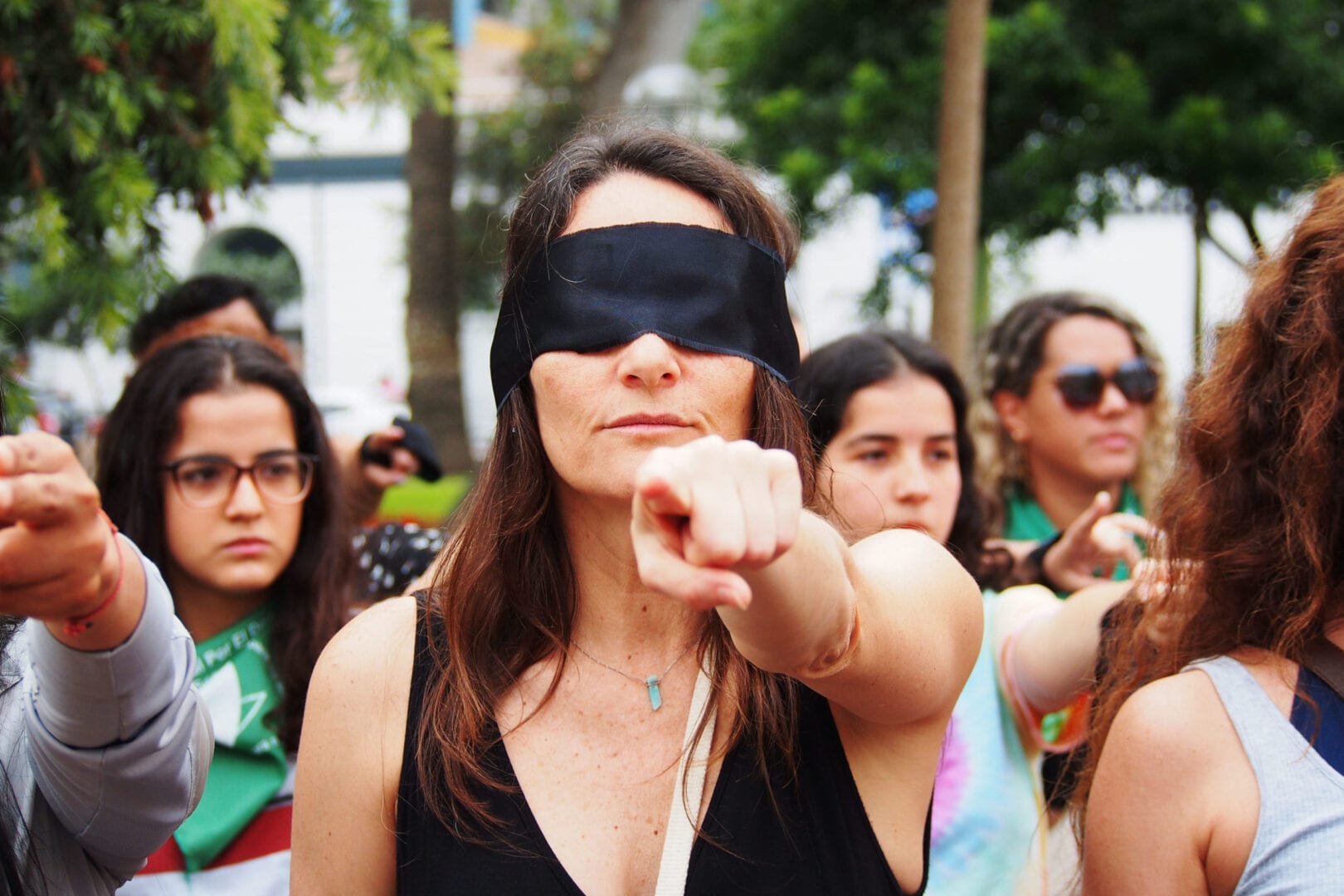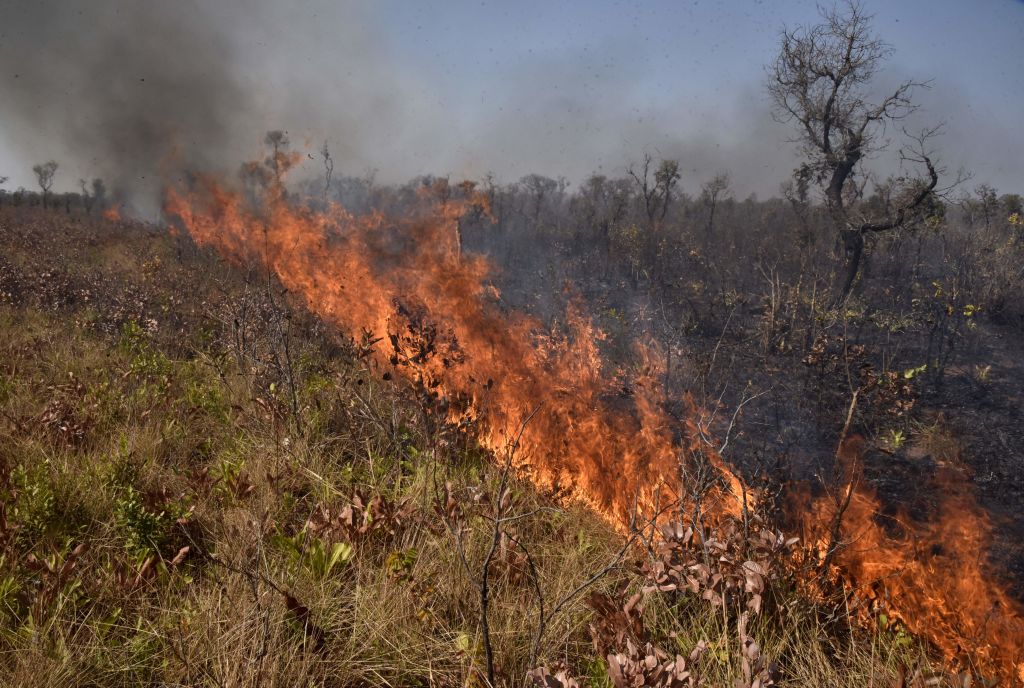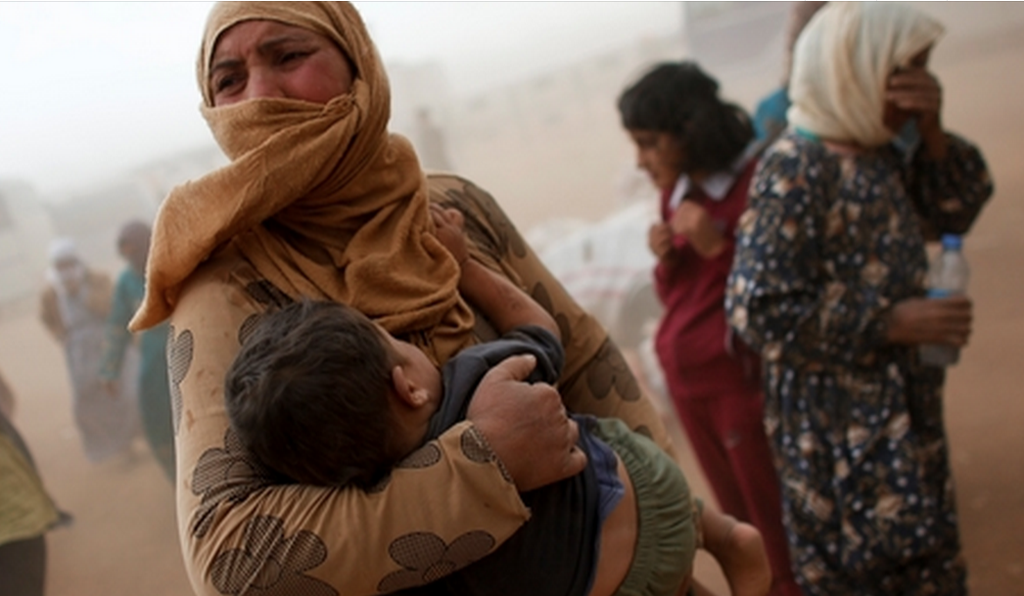The following information is based on the Amnesty International Report 2021/22. This report documented the human rights situation in 149 countries in 2021, as well as providing global and regional analysis. It presents Amnesty International’s concerns and calls for action to governments and others.
BOLIVIA 2021
Dozens of former government officials, lawyers, judges and human rights defenders were accused of staging a coup in 2019 and charged with vague offences and the former interim president, Jeanine Áñez, was imprisoned. A report published by the Interdisciplinary Group of Independent Experts (GIEI) highlighted the justice system’s lack of independence and the need to repeal an amnesty decree facilitating impunity for human rights violations. Indigenous peoples continued to be harassed and attacked for defending their territory and the environment. The government failed to protect forests. The country battled with a third wave of the Covid-19 pandemic and health workers denounced lack of pay and unsafe working conditions.
Impunity
In February, Supreme Decree 4461 was approved, granting an amnesty or pardon to supporters of the government who were detained for crimes allegedly committed during the political crisis that started in October 2019.
In August, the GIEI, under the auspices of the Inter-American Commission on Human Rights, published its report on human rights violations during the 2019 post-election crisis. The report highlighted serious failings on the part of authorities to ensure the autonomy and independence of the judicial branch and the Attorney General’s Office, as well as obstacles to truth, justice and reparation for the victims of grave human rights violations during the post-election crisis.
Following the release of the GIEI report, authorities promised to repeal the amnesty decree but continued to use the justice system to target political opponents, ignoring fair trial guarantees.
Right to a fair trial
From January to June, authorities and members of the ruling political party charged at least 41 officials of the former interim government, human rights defenders, lawyers and judges, with vaguely defined offences including “terrorism”, “sedition” and “conspiracy”. This was part of a wider strategy of accusing opponents or critics of helping to organize a coup in 2019.
Authorities imprisoned the former interim president, Jeanine Áñez, on charges of “terrorism”, “sedition” and “genocide” in proceedings that international observers criticized for lacking due process.
Human rights defenders
The authorities stigmatized and harassed several human rights defenders, including Waldo and Franco Albarracín and Amparo Carvajal, president of the Permanent Assembly for Human Rights.
Indigenous peoples’ rights
The findings of the GIEI report emphasized that the violence of the post-election crisis of 2019 had racial and anti-Indigenous elements to it. Indigenous peoples defending their land and territory were subjected to physical attacks, police repression and invasions of their land.
Right to health
By the end of the year, 41% of Bolivia’s population had been fully vaccinated against Covid-19. Thousands of health workers in public institutions went for months without being paid wages and many worked without proper PPE.
Failure to tackle climate crisis
Authorities passed regulations that incentivized logging and the burning of forests and other vegetation.
Women’s rights
According to the Attorney General´s Office, 108 feminicides were reported in 2021, compared to 113 in 2020. Civil society groups emphasized the need for stronger action on policies to prevent violence.





